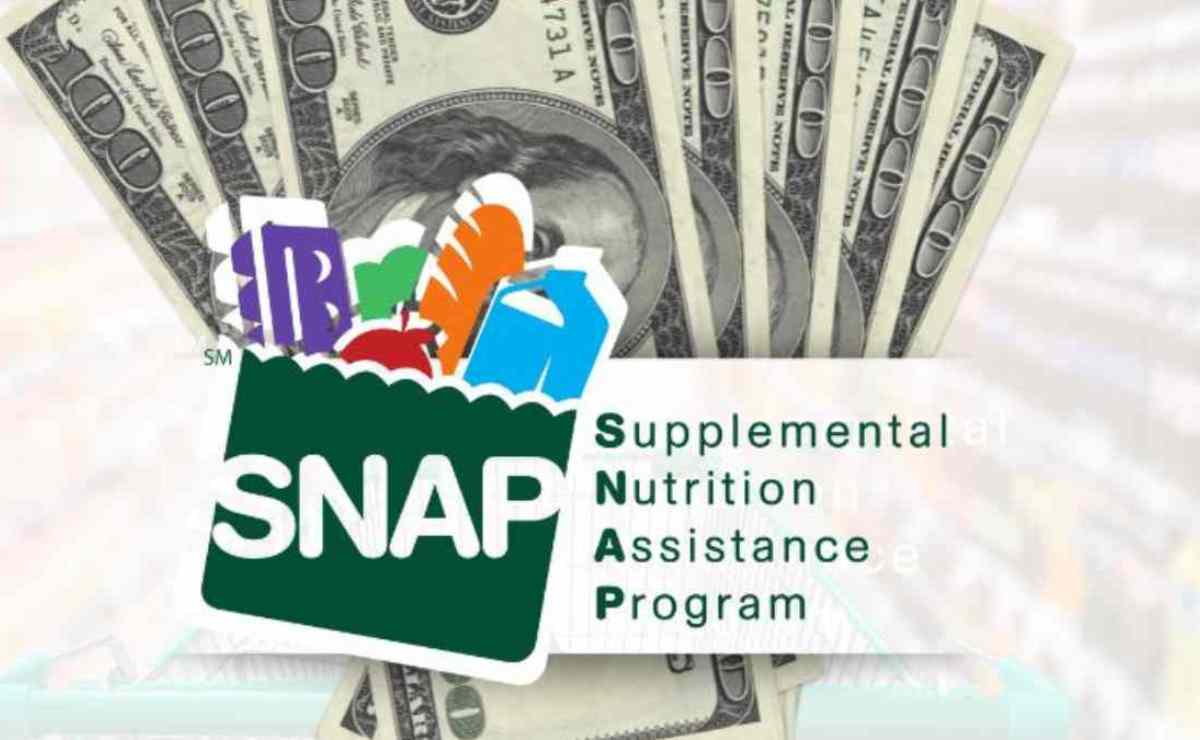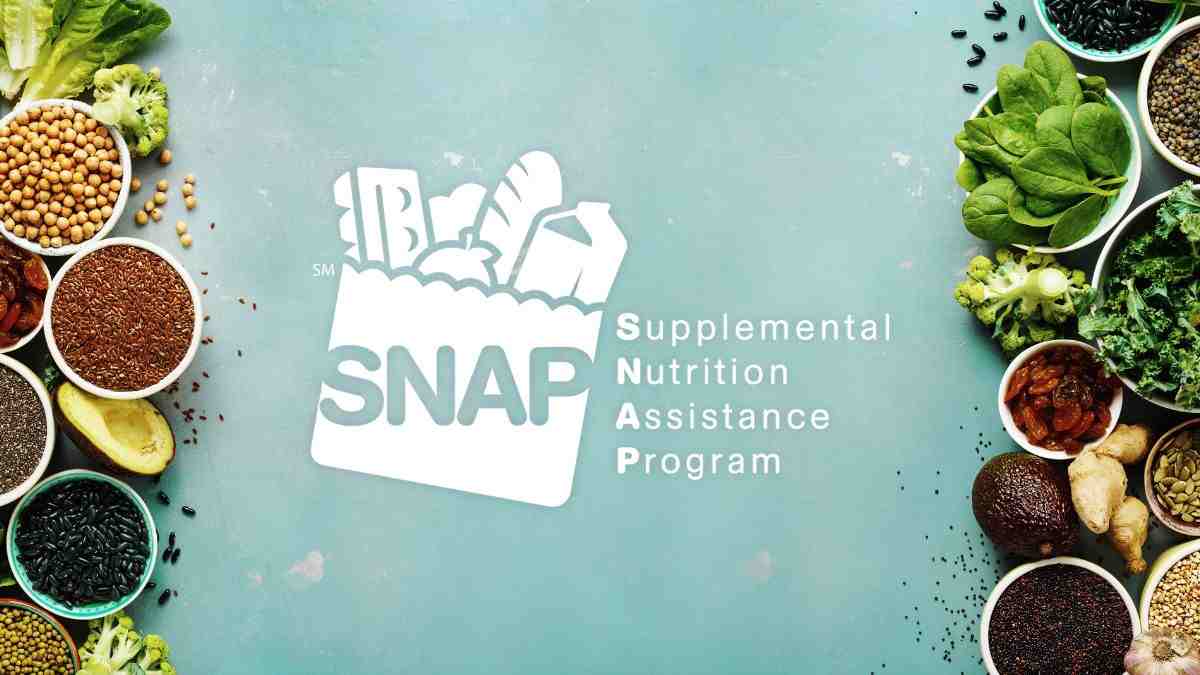USDA has recently made some important changes to the SNAP (Supplemental Nutrition Assistance Program). Therefore, Food Stamp recipients must be wondering if there will be more changes starting from January 1, 2025. Having the necessary information will be essential to make the most of your benefits in the United States since inflation and soaring prices do not help citizens to make ends meet.
As a matter of fact, there will not be new changes in January, but those that have recently taken place will also continue in 2025. So, what are the latest changes that USDA has brought to the SNAP benefit payments?
The 2025 COLA increase for SNAP (Food Stamps)
Although Social Security benefits will continue receiving the 2025 COLA increase in January, SNAP beneficiaries have been enjoying it since October 1, 2025. Besides, all SNAP recipients will benefit from this COLA boost through September 30, 2025.
It will not be until then that USDA updates the Food Stamp amounts. The boost has been very small, but still it means all beneficiaries will receive extra dollars after COLA, at least in the 48 contiguous States, Alaska, Guam and the U.S. Virgin Islands. Hawaii got a reduction after COLA.
The maximum SNAP amounts are:
Household or Family Size in the 48 contiguous States and the District of Columbia:
1 beneficiary $292
2 beneficiaries $536
3 beneficiaries $768
4 beneficiaries $975
5 beneficiaries $1,158
6 beneficiaries $1,390
7 beneficiaries $1,536
8 beneficiaries $1,756
Each additional beneficiary $220
SNAP work requirements and net monthly income
ABAWD (Able-Bodied Adults Without Dependents) time limit and work requirements apply now to those aged 18-54. It used to be for those aged 18-52 only. So, these recipients must work for 80 hours per month to get SNAP benefits for over 3 months in 3 years.
USDA (United States Department of Agriculture) has also updated the net monthly income eligibility standards. These new figures will remain unchanged through September 30, 2025.
Currently, they are, for a family of 4, $2600 (48 contiguous States, Virgin Islands, Guam and D.C.), $3,250 in Alaska and $2,990 in Hawaii. They were $2,500, $3,125 and $2,875 respectively till September 30, 2024.




